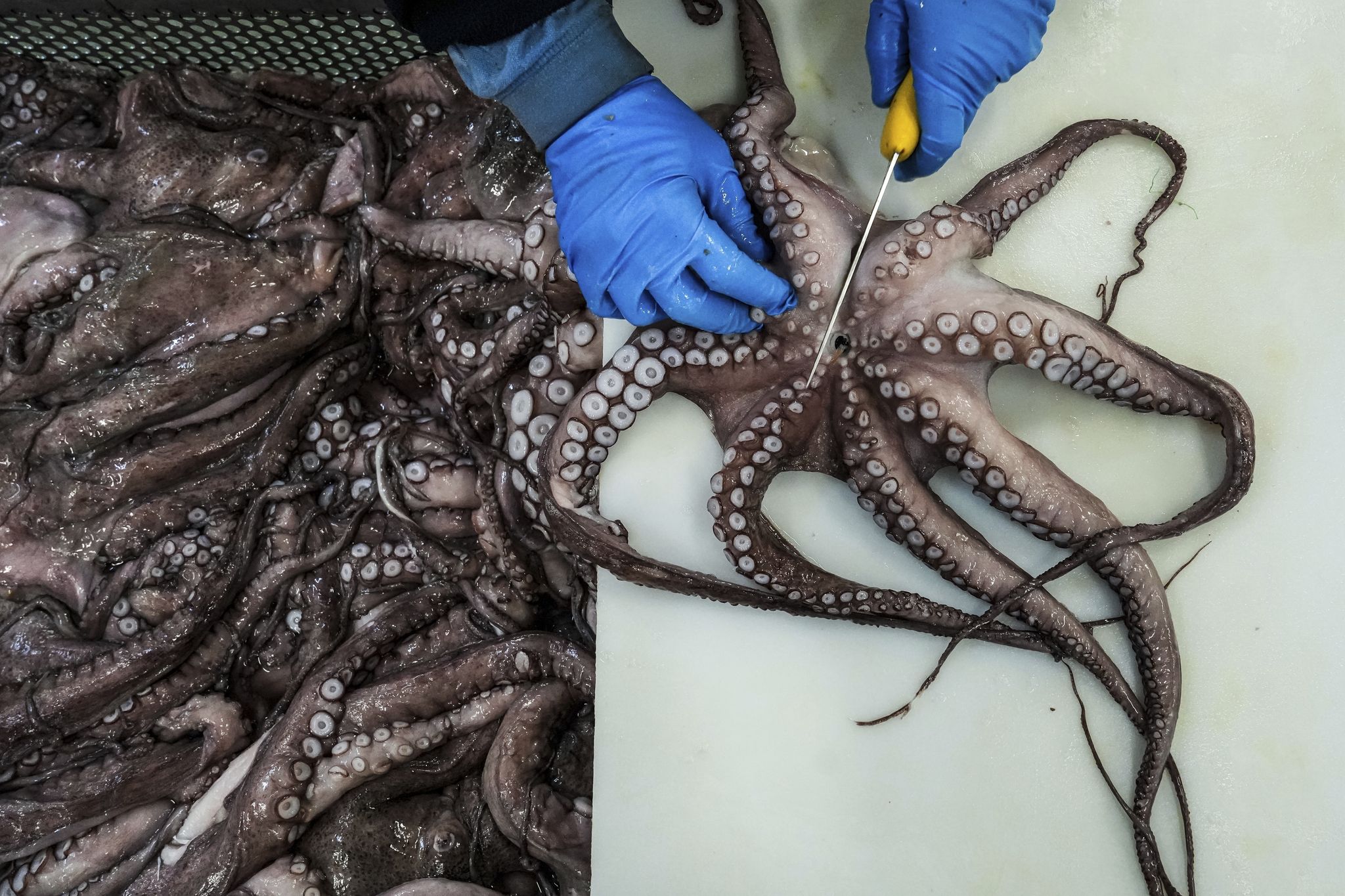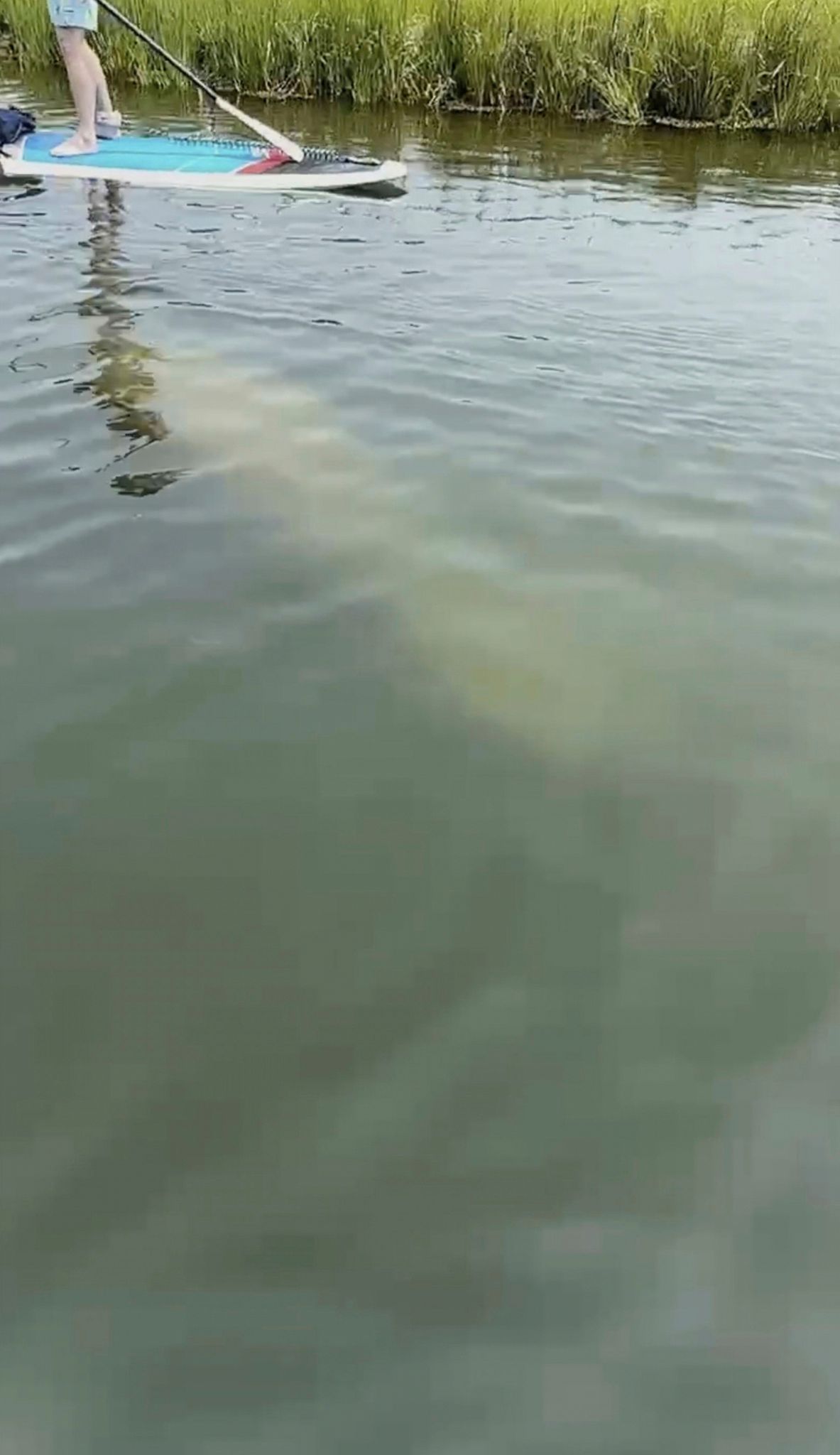Now Reading: With Octopus Decline in Spain, Focus Shifts to Imports and Farming Amid Concerns
-
01
With Octopus Decline in Spain, Focus Shifts to Imports and Farming Amid Concerns
With Octopus Decline in Spain, Focus Shifts to Imports and Farming Amid Concerns

Rapid Summary
- Octopus suppliers in Galicia, Spain, face dwindling local populations and rising international demand.
- Frigorificos Arcos SL sources 100% of its octopus from Mauritania and Morocco due to scarcity in Spanish waters.
- Spain closed its octopus fishery for three months this summer to allow recovery.
- Scientists link declining stocks partially to changing oceanographic conditions aggravated by climate change.
- Farming octopuses is being explored by Spanish companies like Grupo Profand and Nueva Pescanova for commercial supply, with mixed reactions:
– Supporters argue farming ensures food security and eases pressure on wild stocks.
– Animal welfare groups criticize farming methods as inhumane and environmentally harmful, citing plans for dense confinement, ice slurry killings, and reliance on wild fish-based feed.
- U.S. states Washington and California have preemptively banned the farming or sale of farmed octopuses amid ethical concerns.
image Description: A worker prepares an octopus at frigorificos Arcos SL in Galicia. (Credit: Annika Hammerschlag/AP)
Indian Opinion Analysis
The plight of diminishing marine life vividly underscores how rising global demand can exert unsustainable pressure on natural ecosystems-a challenge relevant not only to Spain but also to India’s fisheries sector. While innovation through aquaculture could provide solutions, it needs careful balancing against welfare concerns surrounding species with high intelligence or unique ecological roles.
For India-a nation relying heavily on seafood exports-this advancement is worth observing closely as accelerated climate change impacts ecosystems like marine upwelling globally. Ethical questions around aquaculture practices mirror ongoing debates within India’s own fishing policies regarding sustainability versus economic growth.
Data from this case may encourage policymakers here to adopt stricter regulations while planning long-term strategies emphasizing lasting production methods that respect nature without sacrificing industry growth ambitions or biodiversity conservation principles.




























